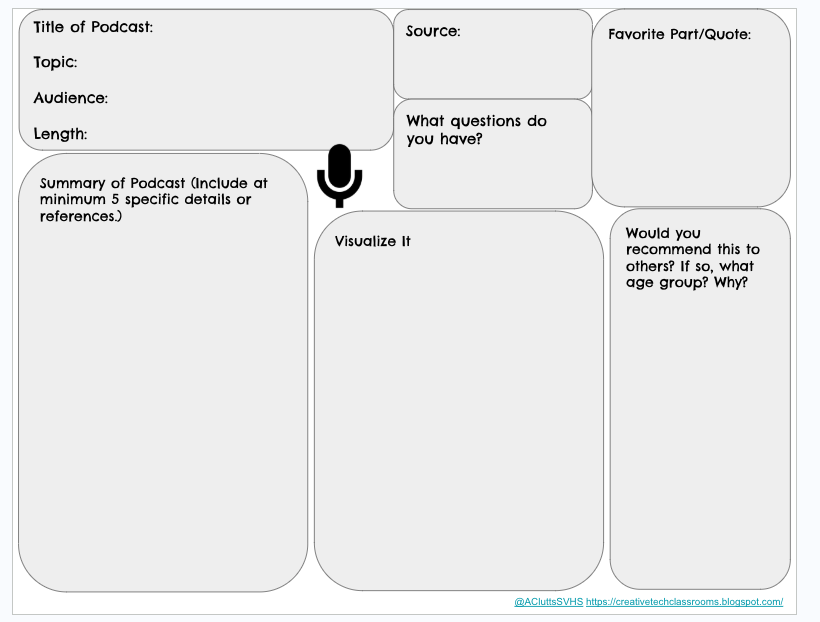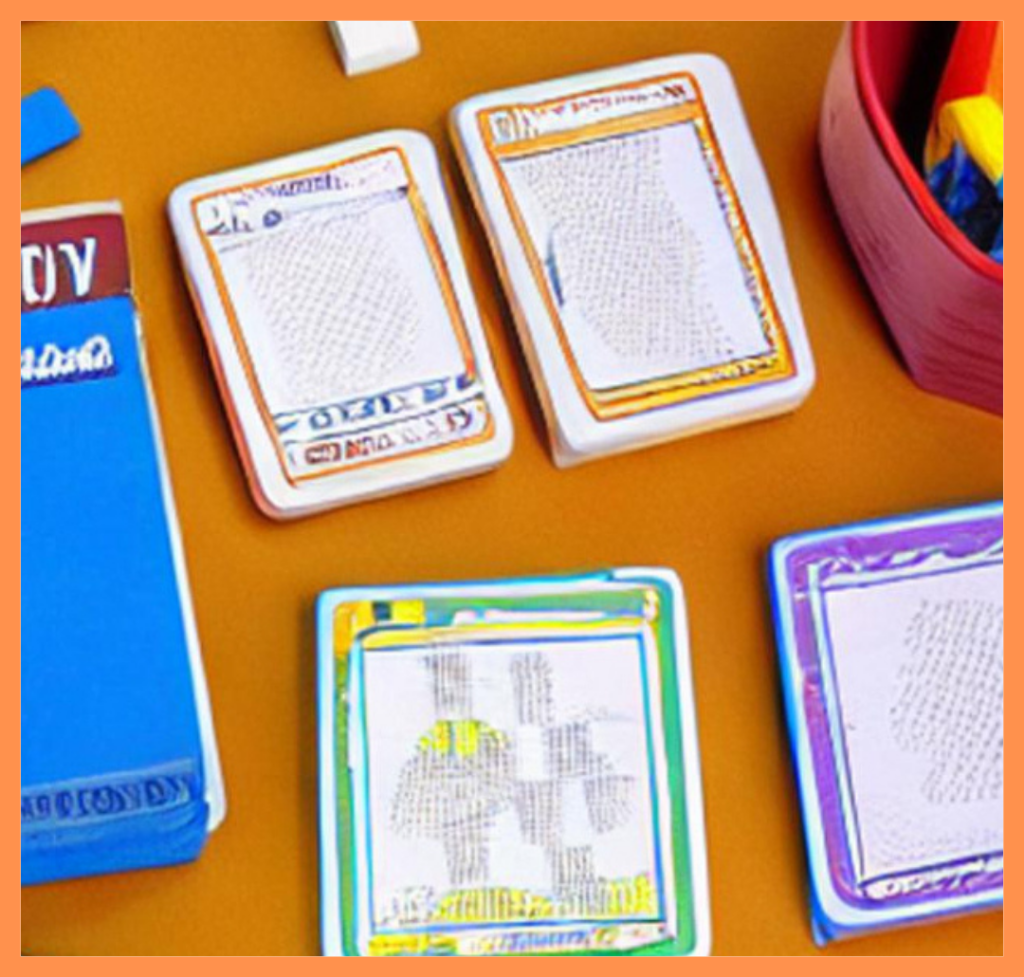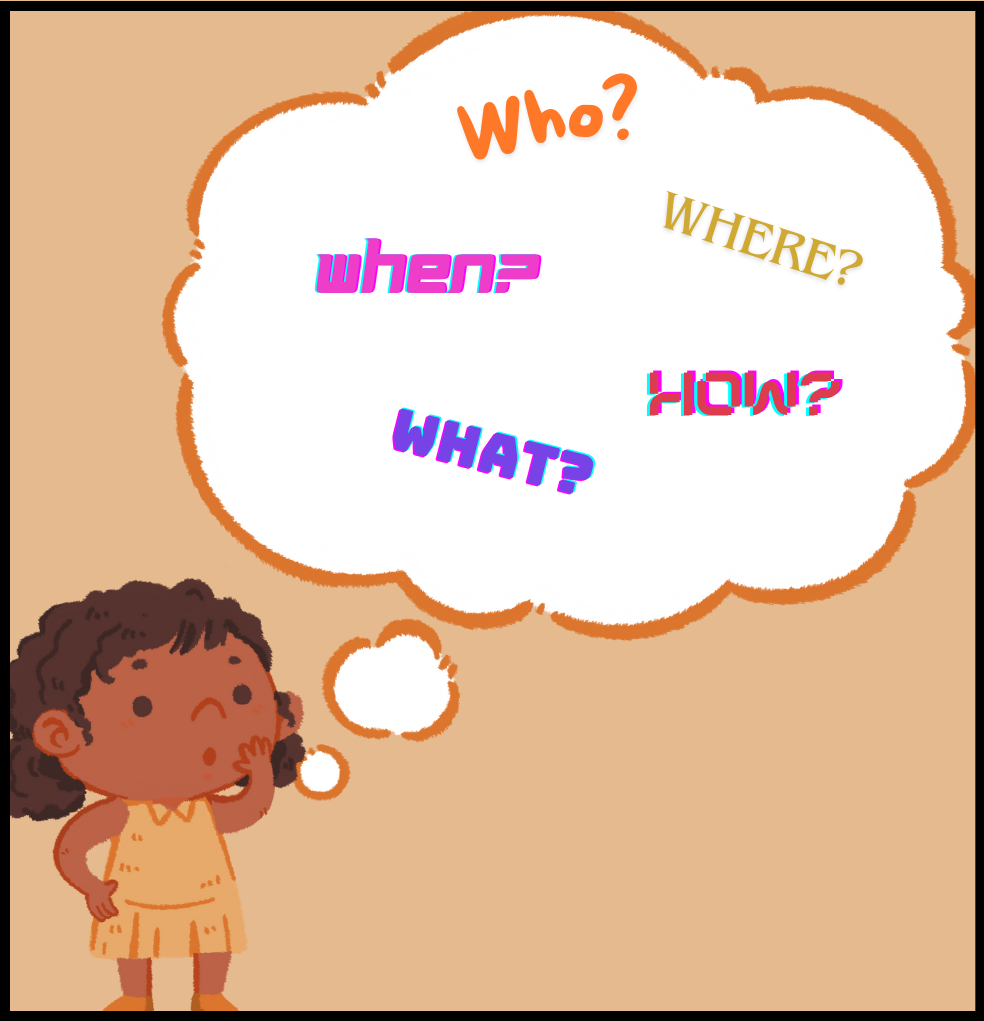Last Updated on April 7, 2025 by TrayKay
Several years back, while roadschooling across the country, we made frequent use of audiobooks to provide welcome distractions during those long stretches of highway where there’s not much to hold your attention. We’d pull up one of our favorites, an audiobook from The 39 Clues series, with fun settings and storylines that would inject some interesting history, geography and science into our day. (You can get the audiobooks for free at hoopla).
Podcasts were another go-to for car trips. We enjoyed one called BrainsOn, which has several different shows with a range of topics.

But even when not traveling, I’ve used podcasts to help my kids learn about different things we were studying. Podcasts are easy to incorporate into your homeschool day and can be a valuable addition to your curriculum. Here are some ways to use them at home.
Use podcasts to answer your kid’s questions.
Kids are naturally curious. They want to know how things work, and why things are the way they are.
The Vermont Public Science Friday podcast can help answer challenging questions like:
Moment of Um is another podcast with answers to kids’ questions. But Why? and Solve It for Kids answer questions with featured scientists.
If your kids have questions about money, economics, and personal finance, head over to Million Bazillion, a podcast from Marketplace. It answers questions from real kids like, “What is cryptocurrency?,” and “How Does Inflation Work?”.
Use podcasts to introduce new topics.
Your kids can learn about topics interesting to them that are not covered in your curriculum. Maybe that’s the History of Ice Cream or the History of Black Cowboys.
You can delve deeper into a topic touched upon in the podcast by investigating related articles, books, or documentaries and create your own unit studies.

Use podcasts to supplement what you’re learning.
Enrich your science lessons with podcasts that explore science concepts, experiments, and discoveries. At Tumble, you can listen to a selection of episodes on the brain. Or tune into science and technology episodes at Wow in the World.
When you’re studying people, places, and cultures for geography, head over to Nugget to learn about different countries from the kids who live there.
Use podcasts to promote critical thinking skills.
Podcasts that ask questions and encourage discussion can get your kids thinking and expressing their opinions. Smash Boom Best presents information in a this vs. that format (eg. which do you like best, dogs vs. cats?). Your kid can decide which position was defended best and tally up points for each side on a scorecard.
The Circle Round podcast can get your kids talking about things like self-reliance, courage, kindness, and other virtues. The site offers printable coloring pages for the episodes.
This list of podcasts for older kids from Common Sense Media can be used to spur conversations.
Use podcasts to encourage creativity.
Story Pirates is a podcast that features original stories written by kids. If your kids get inspired, they can submit a story of their own.
Podcast Assignments
If you’ve got specific learning goals in mind like comprehension, critical thinking, or expressing ideas effectively, some podcasts provide accompanying learning materials. BrainsON has free resources like response sheets and activity packets for certain episodes.
Another podcast with free resources is BackStory, which presents a variety of interesting U.S. history topics from different perspectives, and is targeted more for older students. The episodes are meant to take a deeper dive into subjects, covering things like the history of becoming a citizen, protest in America, women at work, as well as unusual topics like a history of Sesame Street, American motherhood, and technophobia in American society (an episode that especially resonates with all the AI stuff going on). These and other episodes include accompanying documents with questions and links to other resources.
An additional podcast for older students is 60-second Civics, which provides short, informative episodes on such topics as the philosophical ideas that influenced the writing of the Constitution, how American political parties have evolved, and the importance of civic engagement.
If the podcasts your kids are listening to don’t come with additional resources, you can ask your kids to do stuff like:
- summarize the main points of a podcast
- list ideas they found interesting or enlightening
- list things learned that they didn’t know before
- tell how the subject matter and ideas connect to something else they’re learning
- make note of new vocabulary
Here is a graphic organizer you can use for summarizing and writing notes about any podcast:

Click file – make a copy to edit the document.
Using the podcast’s transcript (some are onscreen as you listen or can be downloaded), you can create your own set of comprehension questions or a short quiz related to the podcast’s content.
If you are inclined to dabble with AI, there are several free tools that can assist you. With QuestionWell, for example, you can upload the podcast transcript and it will create multiple choice questions. With the AI chatbot Claude, you can attach a PDF of the podcast transcript and then ask it to create a list of different types of questions, like multiple choice, fill-in, critical thinking, etc. You can ask it to tailor it to a specific age. It will also generate the answer key. You can also paste the transcript into ChatGPT and have it generate lessons, activities, or whatever you can think of based on the content.
If you have a favorite podcast for your kids, or a particular way you use podcasts in your homeschool, please share in the comments.




